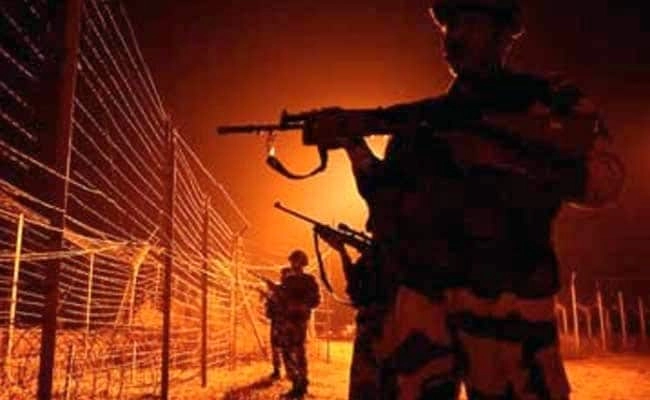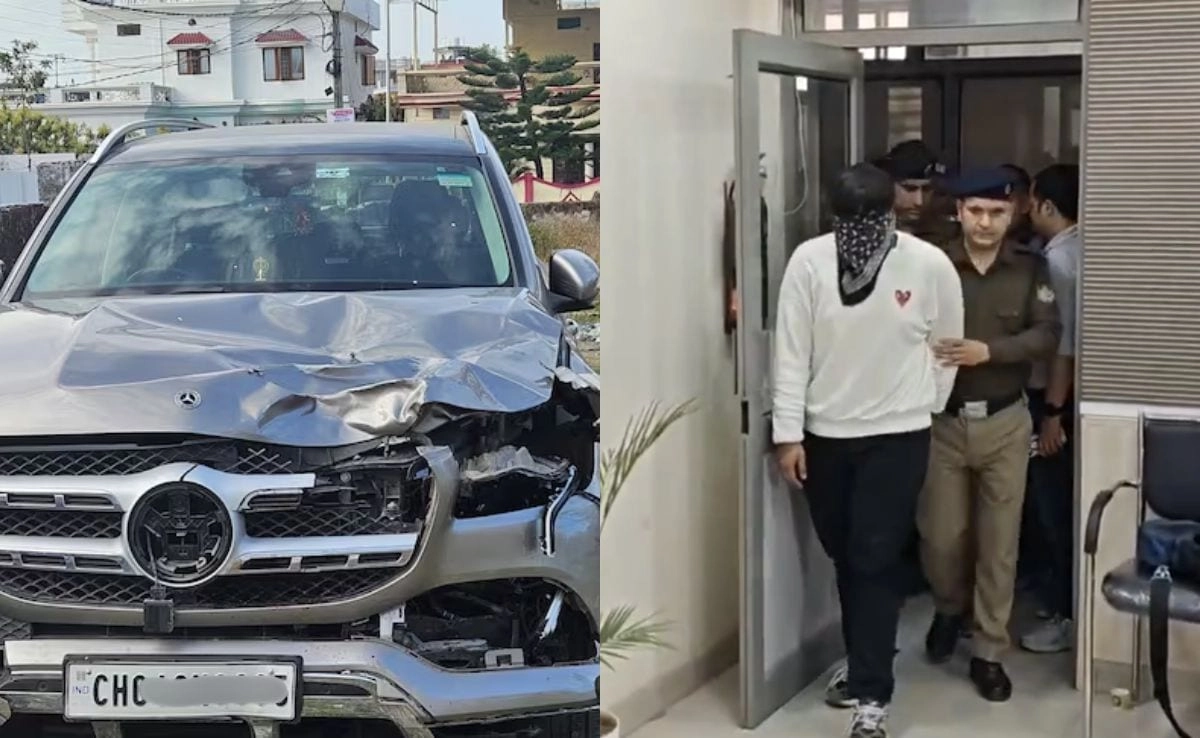West Bengal Chief Minister Mamata Banerjee recently made headlines for her visit to an injured Member of Parliament (MP), an act that many have interpreted as a gesture of goodwill amidst a politically charged atmosphere. The visit was marked by a notable display of compassion, as Banerjee took the time to meet with the MP, who had sustained injuries during a recent political altercation. This event has sparked discussions about the interplay of politics and personal relationships among leaders, particularly in a state where tensions between political parties can often escalate into violence.
Conversely, the Bharatiya Janata Party (BJP) has raised concerns over the lack of arrests following the incident that led to the MP’s injuries. The party’s leadership has questioned the state government’s response, alleging that there is a failure to hold accountable those responsible for the violence. This issue has become a focal point for the BJP, which is keen to highlight what it perceives as the West Bengal government’s inability to maintain law and order. The contrasting narratives of Mamata Banerjee’s empathetic visit and the BJP’s calls for accountability illustrate the complex dynamics of West Bengal’s political landscape, where every action is scrutinized through a partisan lens.
The political implications of Banerjee’s visit cannot be understated; it serves as a strategic move to bolster her image as a leader who prioritizes empathy and solidarity, even with political adversaries. However, the BJP’s response underscores a continuing narrative of conflict and rivalry, as they seek to capitalize on any perceived weaknesses in the ruling party’s governance. The situation highlights the ongoing tensions between the two parties, which are characterized by mutual suspicion and a constant battle for public perception. As the political climate in West Bengal continues to evolve, the ramifications of both the visit and the BJP’s criticisms will likely resonate throughout the state, influencing public opinion and voter sentiment in the lead-up to future elections.
In essence, Mamata Banerjee’s visit is not merely a matter of personal compassion; it is a carefully calculated political maneuver that seeks to navigate the treacherous waters of West Bengal politics. Meanwhile, the BJP’s emphasis on accountability reflects a broader strategy to challenge the ruling party’s narrative and regain political ground in a region where they have faced significant challenges. As both parties prepare for the political battles ahead, the current situation serves as a reminder of the complexities inherent in governance, where personal gestures and political strategy are often intertwined.




